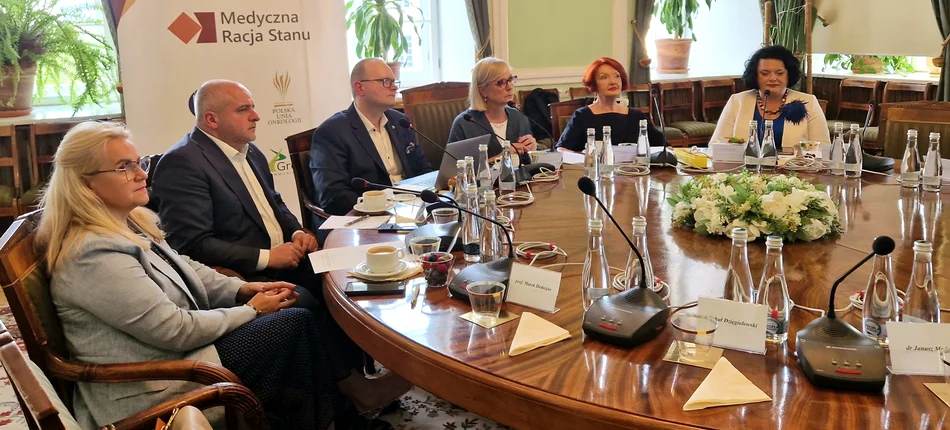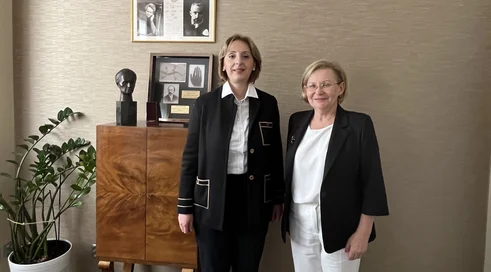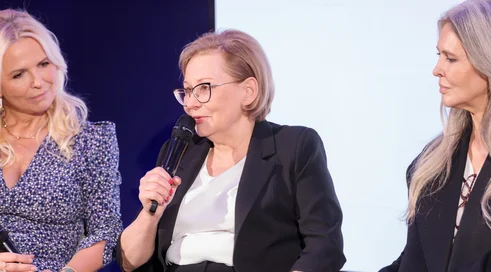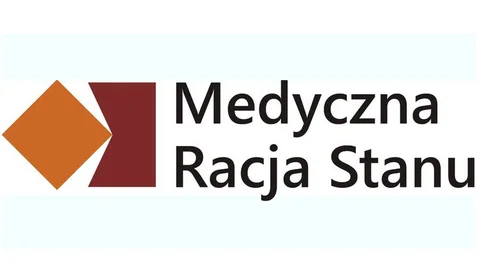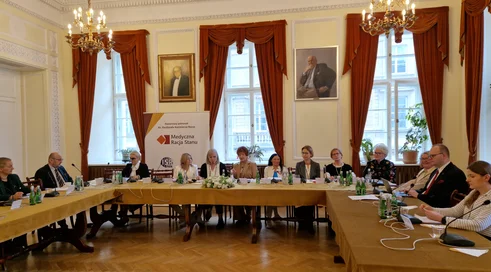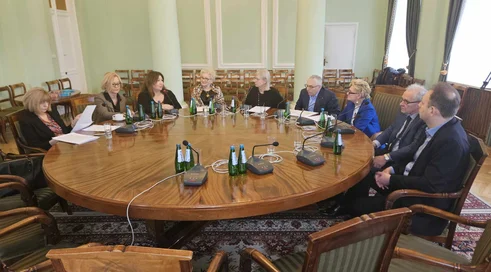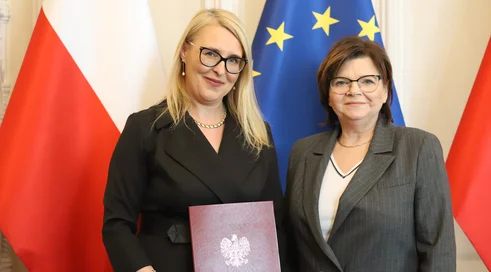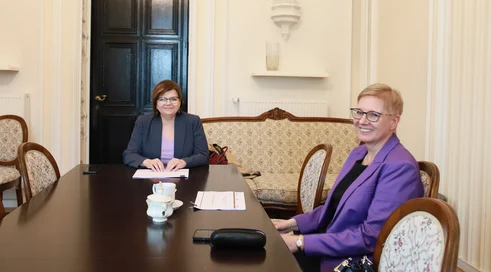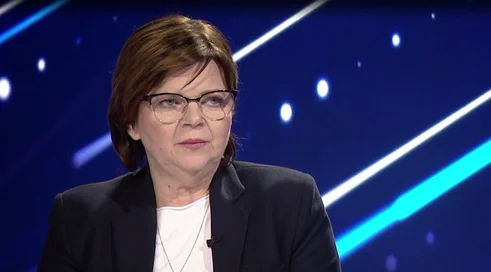Prof. Pawel Kowal, chairman of the Parliamentary Group for the European Health Union, reminded that cancer mortality is still higher in Poland than in other EU countries, and cancer is the biggest killer of people of working age. Therefore, the safety of oncology patients becomes crucial.
System monitoring
Prof. Piotr Rutkowski, president of the Polish Oncology Society, pointed out that an important part of building safety for cancer patients is monitoring the system. - The emerging National Oncology Network and the Law on Quality in Health Care assume that we will monitor the results of treatment of patients and know what is happening in individual health care facilities. We will gain real-time data and, like the Netherlands, Germany or Scandinavian countries, we will check the effectiveness of the therapies carried out," informed Prof. Rutkowski.
Prof. Maciej Krzakowski, national consultant in clinical oncology, pointed out the most urgent challenges to improve the safety of oncology patients. In his opinion, it is necessary to improve the staffing situation among both doctors and nurses and medical secretaries. Equally important is the provision of modern diagnostics that also includes genetic and molecular testing. - It is necessary to ensure staffing facilities and adequate funding for these procedures so that all tests are performed efficiently at the same time, he pointed out. Another problem is the undervaluation of many services, which is compounded by a host of unnecessary bureaucratic hurdles that doctors are burdened with. The national consultant reminded that clinical oncology is making tremendous progress and many new drugs are being introduced. Therefore, it is important for doctors to know how to use these drugs. - Education is needed on new therapies, the indications for their use and the management of complications, he enumerated.
Education and prevention
Prof. Piotr Rutkowski recalled that the Oncology Strategy points to the huge role of educating the public about cancer prevention. - We can reduce the risk of cancer by 50 percent by leading a healthy lifestyle, he stressed. He regretted that despite the preparation of an education program in this area, the subject of health science has still not been introduced into scho...
Content locked
To gain access to the complete English section of the Medexpress.pl, kindly reach out to us at [email protected].




